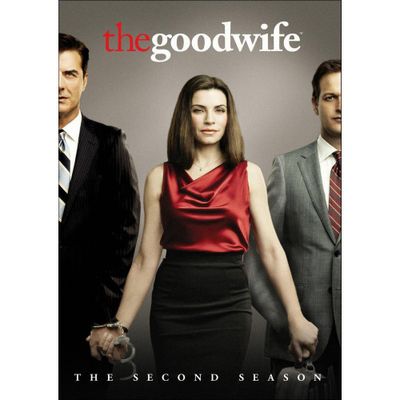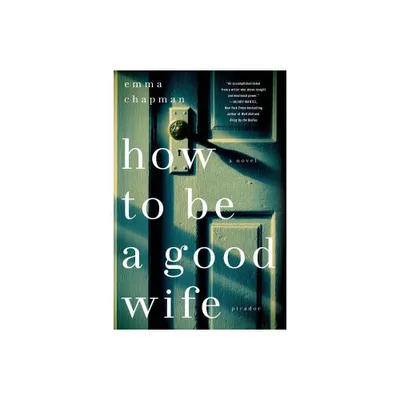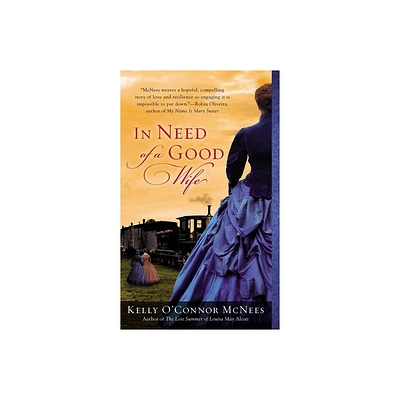Home
Ry?sai Kenbo: The Educational Ideal of 'Good Wife, Wise Mother' in Modern Japan
Loading Inventory...
Barnes and Noble
Ry?sai Kenbo: The Educational Ideal of 'Good Wife, Wise Mother' in Modern Japan
Current price: $53.00


Barnes and Noble
Ry?sai Kenbo: The Educational Ideal of 'Good Wife, Wise Mother' in Modern Japan
Current price: $53.00
Loading Inventory...
Size: OS
*Product Information may vary - to confirm product availability, pricing, and additional information please contact Barnes and Noble
Winner of the 2013 Choice Outstanding Academic Title Award.The famous ryōsai kenbo, or ‘good wife, wise mother’ role of women was not, after all, a traditional Confucian view but a modern construct. In fact, its first appearance in Japan, as Koyama Shizuko points out, was in the latter half of the nineteenth century – due principally to the influence of European ideas about women. Girls at the time were proud to fulfill their new role of contributing to not just the family but to the formation of the state. Koyama’s discovery has transformed how we see modern women’s history in Japan and the similar discoveries that have followed regarding China's ‘wise wife, good mother’ and Korea's ‘wise mother, good wife.’ Previous studies have interpreted ryōsai kenbo thought, which was widely recognized in nationally-sanctioned educational standards, as a ‘backward’, ‘feudal’ or even ‘reactionary’ view of women, and therefore peculiar to girls’ and womens’ education in prewar Japan. As a result, ryōsai kenbo thought was seen to be completely distinct from postwar views of women in Japan and Western Europe that have also emphasized the role of women as wives and mothers. Here, however, ryōsai kenbo thought is examined as a mode of thought inseparable from such issues as the formation of the modern citizen-state and the formation of the ‘modern family.’ Instead of reducing it to a specific, pre-World War II Japanese ideal of womanhood, Koyama argues that ryōsai kenbo thought is, in fact, a modern mode of thought related to, and having much in common with, views of the qualities desirable in a woman both in postwar Japanese society, as well as in modern Western nations and beyond.

















